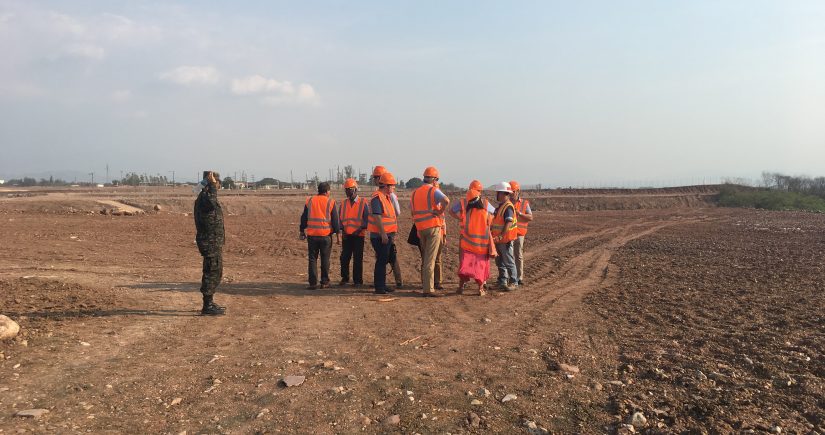Honduras has become the first country to apply the CoST approach to increasing transparency and accountability to public private partnerships (PPPs). Nearly 300 documents are now publicly available from PPP schemes with a combined value of $1.83bn ranging from the new $139m Palmerola International Airport, a $1.1bn container and cargo terminal at Puerto Cortés, a $369m road corridor from La Barca to La Ceiba and a bus terminal and market at Danlí.
CoST Honduras has achieved this by developing a disclosure standard for PPPs based on the CoST Infrastructure Data Standard and frameworks from the World Bank, the Asian Development Bank and the Inter-American Development Bank. It has then recently published its third Assurance Report on seven infrastructure projects, five of which were public-private partnerships (PPPs).
The Assurance report reveals how CoST has improved transparency in public infrastructure in Honduras by increasing the amount of information disclosed to 85.3% of the CoST Honduras Infrastructure Data Standard, more than a three-fold increase on the 27% measured in the first assurance report in 2014.
The report uncovered a need to improve on the structuring of projects, and found a general lack of capacity and money within the municipalities to track projects effectively. Contracts also had differing formats, making it difficult for those involved in any particular project to revise and standardise them. In addition, there is a public perception of secrecy and opacity with regard to the implementation of PPPs, and a gap in the law that enables projects to begin without all financial and design details first being finalised.
The report recommends an action plan that includes sustainability mechanisms to enable broad participation from the public. It was also recommended that procurement in Honduras is standardised within a clear legal and institutional framework, and that PPP projects are structured through a formal process. The report proposes that the CoST Standard, World Bank Disclosure Framework and PPP laws are used to mitigate the issues of public perception around PPPs.
Honduras has also been encouraged to develop an online portal to share information about subcontracts granted to national companies, and to establish a consultation process between citizens and the construction industry. The report emphasises that processes and systems put in place to manage the early stages of planning will reduced uncertainty and enable the greatest opportunity for savings to be made.
Reported in Caribbean News Now, President Juan Orlando Hernández said: “By engaging stakeholders from both the public and private sectors, our country can develop infrastructure that will benefit Hondurans for generations to come. Substantial PPP investments will improve quality of life, increase commerce, and facilitate transportation.”
